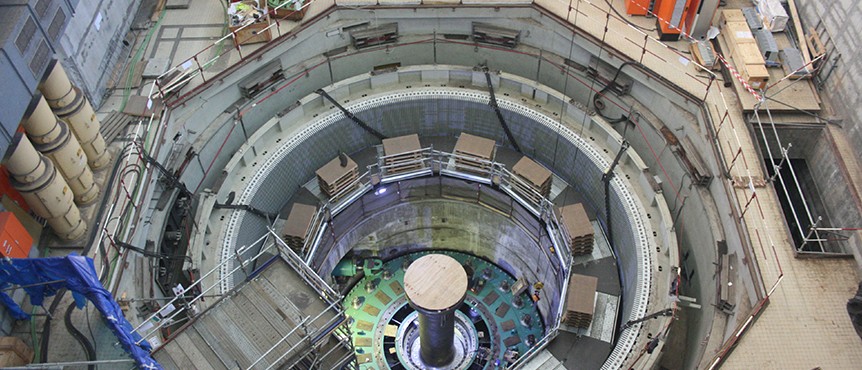
An oil exploration permit held by a Chinese company in Congo-Brazzaville could threaten the ecosystem of one of the country’s national parks and should be scrapped, a US environmental group said on Thursday.
Congo Brazzaville awarded the oil exploration permit to China Oil Natural Gas Overseas Holding United at the start of the year, which according to Earth Insight overlaps with just over a quarter of the Conkouati-Douli National Park.
“Oil development there would be a disaster for human and economic rights, the environment, and governance,” the group said in a statement ahead of World Rainforest Day on June 22.
The Conkouati-Douli National Park sits in the southeast of the country inside the Congo Basin, the world’s second-biggest tropical rainforest after the Amazon.
The park is home to endangered animals including Western lowland gorillas, chimpanzees and forest elephants, as well as thousands of villagers “whose livelihoods depend on the forest,” the NGO said.
“New maps and analysis show the permit poses a substantial risk to tropical forests, endangered species, and local communities that have lived in the zone for centuries,” Earth Insight said.
Around 10 Congolese civil society organisations called on the authorities at the start of June to withdraw the permit.
They said it “goes against the numerous commitments made by the Republic of Congo at the international level and the law on wildlife and protected areas”.
The groups and Greenpeace have also called for countries, namely European states and France, to stop funding conservation activities in the park until the permit is annulled.
The Congolese government has not responded to these calls.
Conkouati-Douli National Park borders Gabon and is home to more than 5,000 square kilometers of coastal, maritime and forest ecosystems, the NGO said.
The Congo Basin spans 220 million hectares (850,000 square miles) across several countries including the Democratic Republic of Congo (DRC), Congo-Brazzaville and Gabon.
The Congolese government has not responded to AFP’s request for comment.
